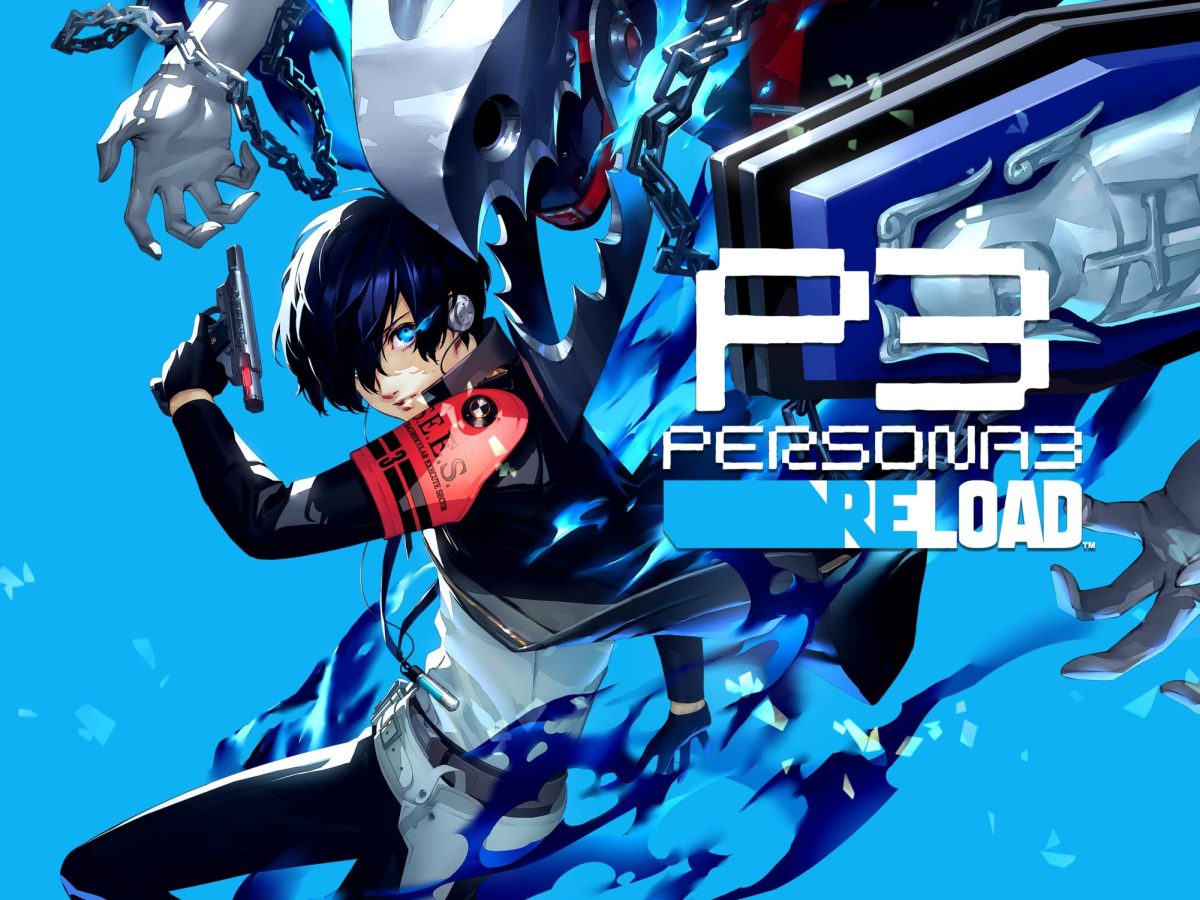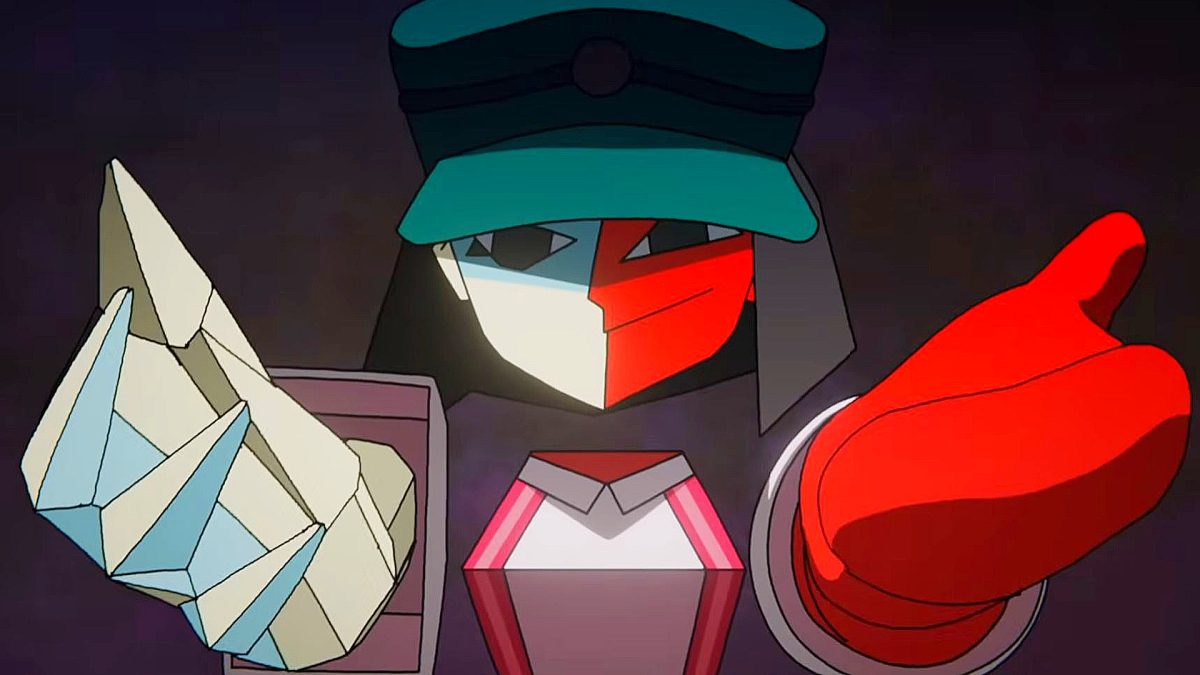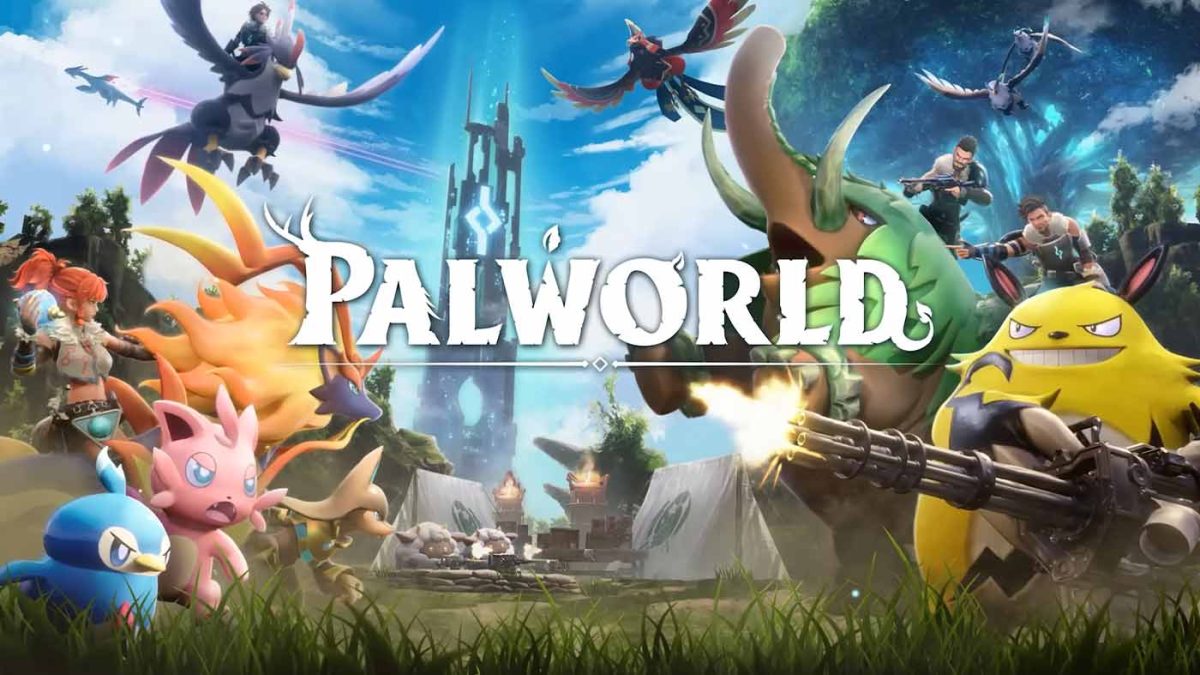In 2006, people wrapped around stores waiting to buy the new “Persona 3” to play for countless hours on end, just to see what the buzz was about. However, it turned out to be one of the worst-selling “Persona” games at launch. Atlus revived the popular Japanese role-playing game in 2024, giving it a new name, “Persona 3: Reload” bringing a relatable story to a modern era, giving it new visuals, voice actors, and additional content to the story. Additionally, this game ended up being the best-selling “Persona” game at launch. Ever since the rise in popularity of other “Persona” games like “Persona 4 Golden” and “Personal 5 Royal,” fans have been begging for remasters of Persona 3.
In “Persona 3: Reload,” gamers play as the protagonist, Makoto Yuki, a transfer student who holds the power to wield multiple personas. Personas are manifestations of a Persona user’s personality and are similar to shadows (the main enemies of the game), with the only difference being a persona is tamed and trained. Within the game, the player joins a group called “S.E.E.S.” to investigate the mysteries of “Tartarus.” This is a mysterious tower-like labyrinth filled with enemies that appears at Gekkoukan High School during the “Dark Hour,” a time hidden between one day and the next that not everyone in the game is aware of.
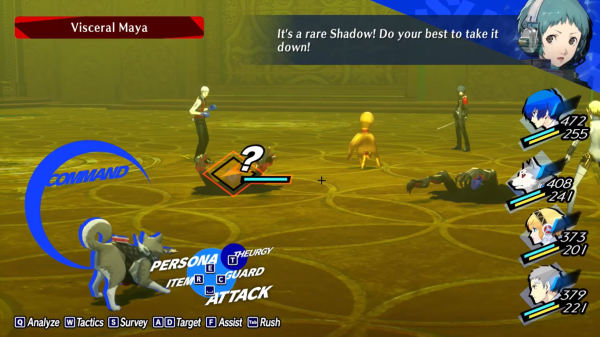
“Persona 3: Reload” brings in new and returning features from the original “Persona 3.” For instance, the game introduces new and old remixed music with the inclusion of a new singer alongside the original singer, “Lotus Juice.” Many people are divided on whether or not the new music is better than the old one. Personally, I like both the old and new music that is introduced in Reload. On top of that, there are new voice actors for the different characters in the game.
The basic controls and combat system are pretty easy to use since you can control each character’s action by default or you can make it so that they act on their own. For instance, there are guard options and other choices to allow players to make their own choices and strategize and defeat enemies. Some enemies can sometimes be overwhelming, so it’s important to exploit their weaknesses when you can.
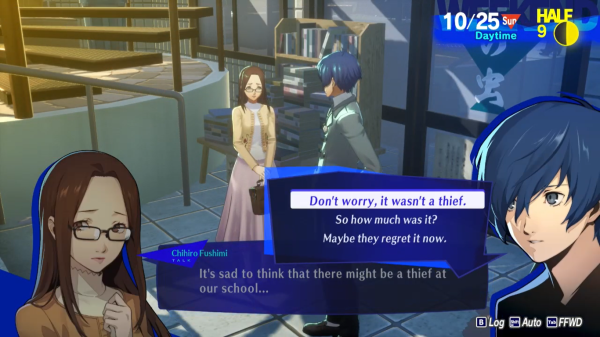
Additionally, the game introduces a new mechanic called “Theurgy,” an ultimate move for all the characters. A gauge that gets filled up controls this depending on certain actions that the character does while in battle. The game also introduces a similar mechanic to “Persona 5 Royal’s” “Baton Pass” that wasn’t present in the original called “Shift.” When someone hits the weakness of an enemy, they have the option to pass their turn to someone else to exploit the enemy’s weakness. Unlike “Baton Pass,” using “Shift” doesn’t give any damage or stat boosts to characters. I like this change, because as someone who started off playing “Persona 5 Royal” I find it a lot easier to win certain fights within the game.
One major feature of the games is the social links that symbolize the protagonist’s relationships, each bringing a unique and relatable story. Spending time with your social links lets you learn more about them and their story. In “Reload,” I found personal connections in every social link, unlike previous ‘Persona’ games where I skipped through most of them. Activities within the game enhance social stats like Charm, Academics, and Courage, which are required for different social links.
Although this is a great remaster of the original “Persona 3,” fans wanted things that were present in later versions of Persona 3 like the female protagonist Kotone Shiomi from “Persona 3: Portable” and the epilogue chapter called “The Answer (spoiler tag)” exclusive to “Persona 3: FES (spoiler tag).” This chapter shifts focus to Aigis and dungeon crawling, getting rid of social links and other features. Personally, I don’t like it because it’s focused on battle and nothing else. The redeeming factors, however, include Aigis’ lore, a sense of closure after the main story, and its own composure of “Mass Destruction,” the main battle theme in the main game.
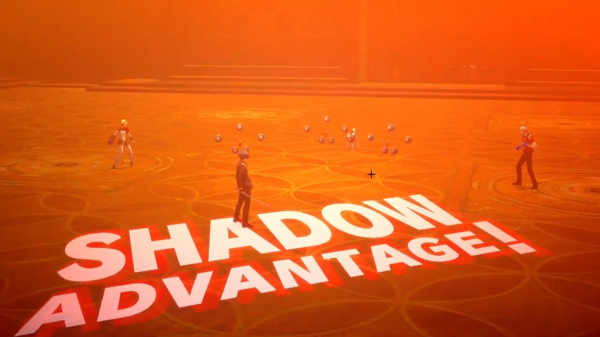
Even though the game is fun to play, just like every other RPG there are times when things get boring or repetitive. Progressing through the different floors of Tartarus and running into the same enemies can become boring. I usually get bored and burnt-out after grinding out two or more months within the game. I grind out the most I can from Tartarus in one day and I have lots of free time afterwards which leads me to save the game to do something else.
Overall, “Persona 3: Reload” is a really great game for people who look for and enjoy role-playing games. With all the different relatable characters and stories, new gameplay changes, and plot twists in the game, gamers will have an interesting experience that will leave them with a bittersweet feeling. I enjoyed all the hours I spent experiencing well-thought-out stories while listening to re-arranged songs from arguably one of the best original sound tracks in the series. Ever since I played “Persona 5 Royal,” I fell in love with the “Persona” series, and being able to play a remastered version of my favorite “Persona” game was an unforgettable experience.

